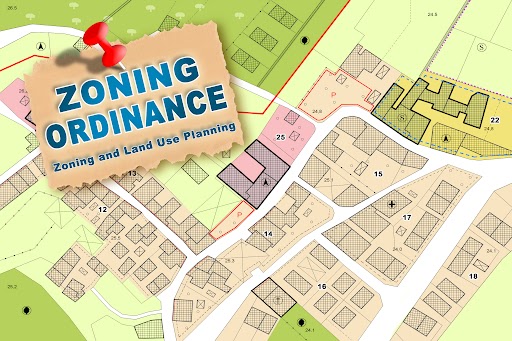
Allison Shertzer
The Institute for Humane Studies recently awarded a Sabbatical Research Fellowship to Allison Shertzer, associate professor of economics at the University of Pittsburgh, for her research on the economics of cities. Shertzer plans to use the funds to untangle the relationship between zoning regulations, housing prices, and income and racial inequality. We asked her some questions about her research and how IHS funding will support her upcoming projects.
Q: Can you explain to us a little bit about your research on the economics of cities and why you chose to do research in this area?
Allison Shertzer: I have long been interested in the economic history of cities: who moves to them, which public goods are prioritized, and how urban neighborhoods evolve over time. More recently, I’ve been interested in land use regulation, which is a bit of a unique policy in that it keeps cities from changing in response to market forces elsewhere in the economy.
Q: Why did you apply for IHS sabbatical funding?
Allison Shertzer: The Center for Governance and Markets at the University of Pittsburgh was providing support for my project on the adoption of zoning by the Chicago suburbs (this work is joint with Ryan Gallagher at Northeastern Illinois University and Tate Twinam at William and Mary). The associate director of the center, Ilia Murtazashvili, encouraged me to explore funding opportunities at the Institute for Humane Studies to support my broader research agenda on the development of zoning and contemporary patterns of home values and population density.
Q: How will this funding help you get the resources you need to complete your research?
Allison Shertzer: One of the most important resources is time to think deeply and with minimal interruptions! After navigating the disruptions of the pandemic as a mother of several young children, I was very much in need of time and space for serious research. This funding will help me focus on several projects that are currently in their early stages.
Q: What do you hope to accomplish with this support? What do you think the final product will look like?
Allison Shertzer: My research agenda approaches the relationships between zoning, home values, and economic development from several angles. One paper that is taking shape right now studies how local control over land use has influenced the evolution of home values over the long run. For instance, if you bought a house in a more stringently zoned community versus one with more opportunity for development, what did that mean for the appreciation of your home over the next thirty years? The challenge here is trying to isolate the causal impact of zoning, which requires a thorough digitization of the historical urban environment. It is important to understand how “profitable” restrictive zoning has been to incumbent home owners because this question is central to the debate on reforming zoning to make housing more affordable.
Q: What is the relationship between zoning regulations, racial disparities, and inequality in U.S. cities and suburbs — both historically and today?
Allison Shertzer: This is a really important question. At the moment there is a great deal of debate about the extent to which land use regulation has caused racial segregation (for instance, the excellent recent work of Jessica Trounstine). However, economists like to be able to point to evidence that is almost experimental in nature — for instance, can we find a natural experiment in history that randomly made some neighborhoods more likely to see minority households move in? If so, can we use this experiment to see if neighborhoods adopted bans on apartment buildings or other types of affordable housing in response? I think there is a lot of room for clarifying the causal relationships between zoning and contemporary spatial patterns of inequality and residential racial segregation.
Q: Without giving too much away, what have been some surprising (or unintuitive) discoveries you’ve made?
Allison Shertzer: Something that seems to be true, at least for the suburbs of Chicago, is that there were already quite a few zoned municipalities by 1940, and that home values already seemed to have adjusted in response to this regulation. The fact that these dynamics were in play 80 years ago is important because it makes it much more difficult to draw conclusions about the relationship between home values and zoning today. It is just very important to consider the history of regulation and land use.
Q: Finally, what are some of the biggest misconceptions people hold about zoning laws and economic outcomes? How does your research seek to address these misconceptions?
Allison Shertzer: Many folks seem to believe — and with good cause, of course — that zoning is the principal reason behind the affordability crisis in many U.S. cities. However, there is a lot of evidence that cities and neighborhoods with better amenities adopted more restrictive land use policies earlier. To the extent that amenities like proximity to the ocean are persistent, we would expect higher home values in these areas even without zoning. In addition, many global cities with different regulatory regimes have also seen dramatic price increases in recent decades. I think there is a real need for rigorous causal evidence on what zoning has been doing over the last century in U.S. cities to inform policymaking, particularly in terms of the location of new housing, which is what my research aims to provide.
Learn more about the Sabbatical Research Fellowship and other funding opportunities on our IHS funding page.
